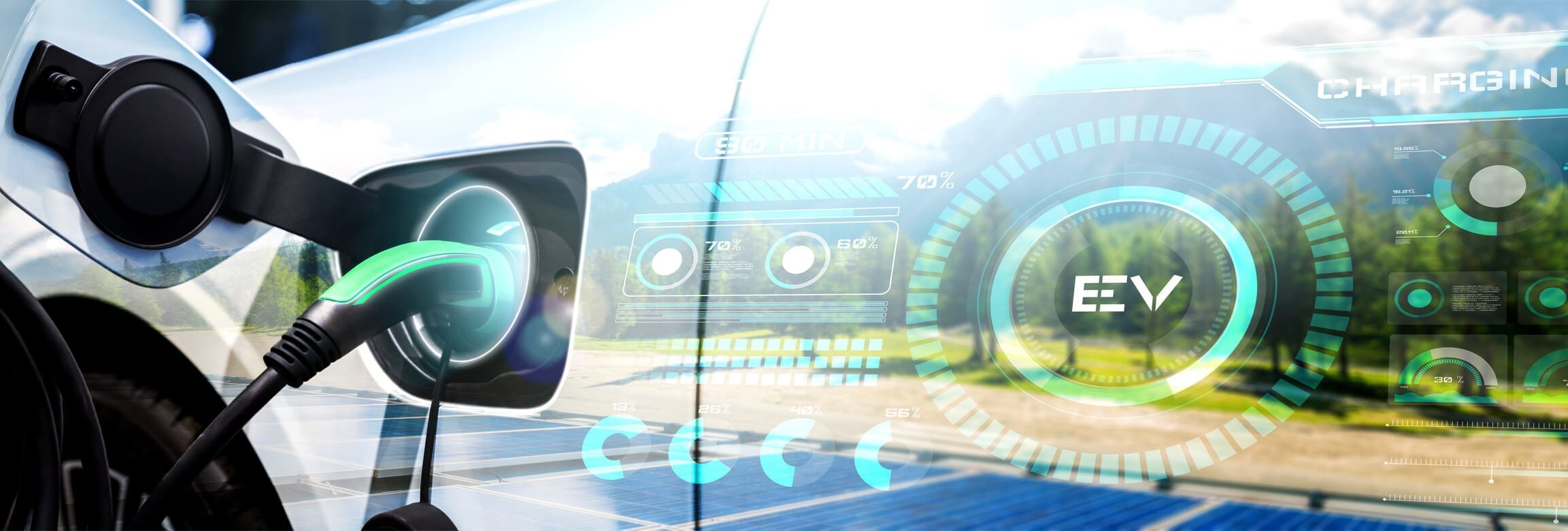
Cloud Technology for Electric Vehicles
How Cloud Technology Helps the Electric Vehicles’ Industry
Cloud technology has been making huge strides in all sectors and industries. It has brought feasibility and problem-solving systems to the doorsteps of all the organizations that are willing to adopt and benefit from them. The electric vehicles industry is no different. Cloud technology for electric vehicles offers key technologies required for efficient operation management platforms and allows the industry components to deploy their systems using hybrid and private clouds.
Service-Disabled Veteran-Owned Small Business (SDVOSB)
Small Disadvantaged Business (SDB)
Small Disadvantaged Business leads to enhanced innovation and creativity, as these businesses often offer unique perspectives and solutions shaped by their diverse backgrounds. Moreover, partnering with Small Disadvantaged Business can provide access to specialized skills and capabilities that might otherwise be overlooked, contributing to improved competitiveness and efficiency.

Transforming for Innovation, Sustainability and Security
Transforming for Innovation and Sustainability securing future competitive advantage
Features and Benefits of Cloud Technology for Electric
Vehicles
Additional Cloud Technology for Electric Vehicles
Cloud technology addresses the long route challenges of electric vehicles by not only boosting the capabilities and functionality of individual chargers but allowing companies to create and maintain a network of multiple chargers. The terminals can be linked to web-based payment platforms for payment through applications on mobile phones. Reserving chargers in advance is also an attractive and utility-providing feature of cloud technology for electric vehicles. Vehicle-to-grid is also an innovative and energy-sustaining cloud-based feature that allows electric vehicles owners to give the unused charges of their batteries back to the grid and receive money against it.
Cloud technology for electric vehicles can sprinkle the primary as well as the secondary operations of the electric vehicles’ enterprises with features that are irresistible, solving the problem of slow sales. There is also a need to upgrade and enhance the supporting infrastructure for electric vehicles, and cloud technology can perform the task effectively. Cloud technology offers a faster time to market, global scalability, and stability to the industry, and efficiency, feasibility, and pleasure to the consumers.
Generative AI Software Integration
What clients say about Cloud Computing Technologies













